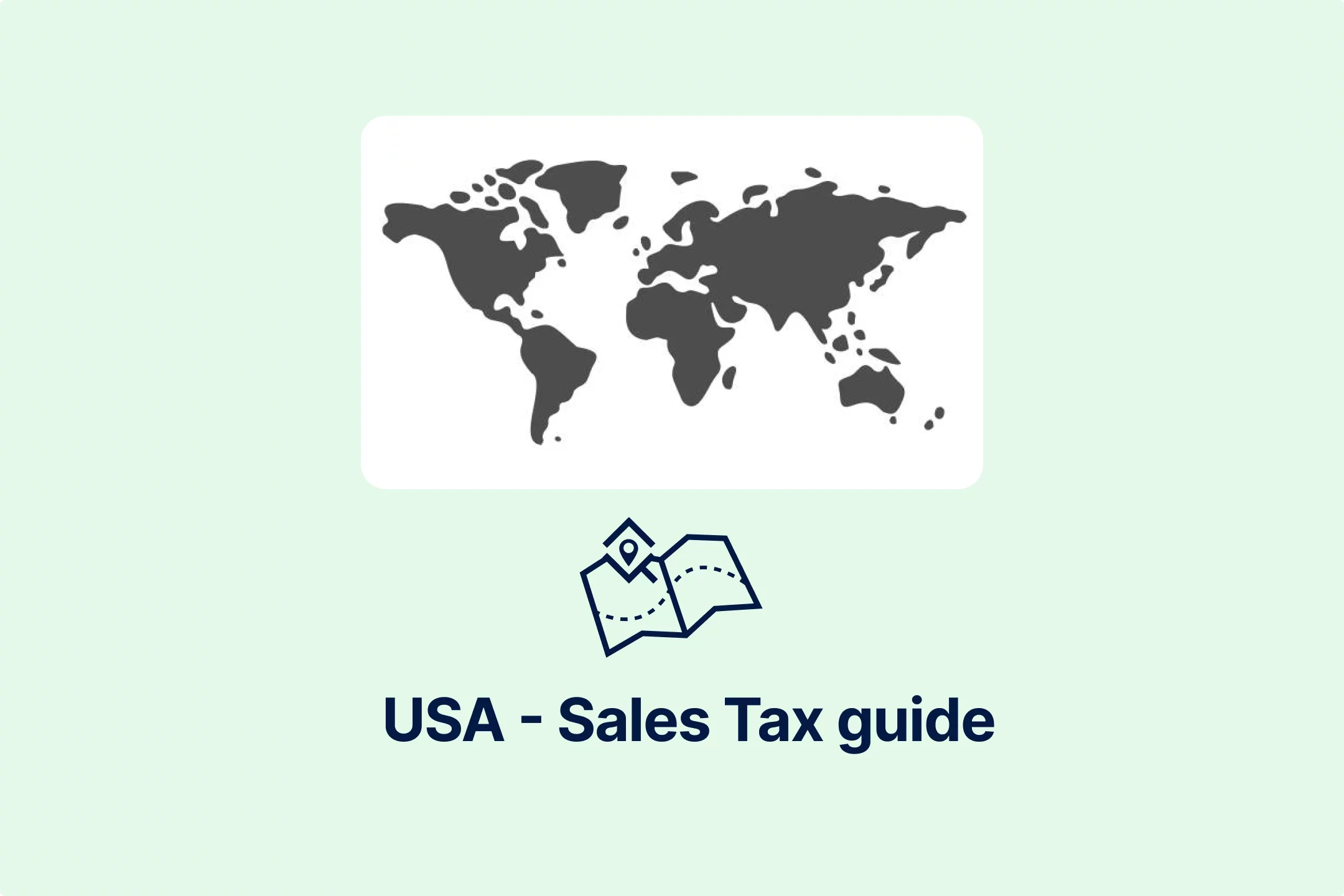Cyber Monday Sales Tax Requirements in California: A Complete Guide for Online Sellers
.png)
Cyber Monday occurs on the first Monday following the US national holiday, Thanksgiving, thus encouraging consumers to shop online. To help businesses understand their obligations regarding sales and use tax on Cyber Monday sales, the California Department of Tax and Fee Administration (CDTFA) issued guidance explaining the basics of internet sales and applicable rules.
Besides businesses, customers could also find these guidelines helpful, as they explain when use tax is due.
Internet Sales on Cyber Monday
The CDTFA underlined that there is no general tax exemption for online sales of tangible personal property. The general rule is that all online merchandise sales are subject to sales and use tax unless explicitly defined as exempt.
Retailers are subject to sales tax in California, where the sales tax rates apply to their gross receipts from retail merchandise sales. However, when sales occur outside of California, and the purchased merchandise is delivered to a customer in California, the use tax is imposed on the customer.
Therefore, if the seller did not charge, collect, and remit sales tax because it is located outside California, the customer who ordered the merchandise must pay the use tax for goods shipped to them in California. Use tax applies to the sales price paid by the consumer.
Sellers of tangible personal property in California with more than three sales within 12 months must obtain a seller's permit from CDTFA.
In addition to highlighting general sales and use tax rules related to the online sales of tangible personal property, the CDTFA also provides information for Internet auction sites and explains who is considered the retailer under the regulations before and after October 1, 2019.
Furthermore, the guidance also includes information on local and district taxes. California's current sales and use tax is 7.25%, which contains 1.25% local taxes. Of those 1.25%, 1 % is a Local Jurisdiction tax, and 0.25% is a Local Transportation Fund tax.
Conclusion
California-based online sellers must know their sales tax responsibilities when selling to customers in California and other US states. From registration requirements to charging, collecting, and remitting sales tax, sellers, especially those engaging in taxable activities for the first time, should dedicate time and other resources to understanding and complying with Internet sales rules.
Source: California Department of Tax and Fee Administration

Featured Insights

Burkina Faso FEC E-Invoicing Mandatory July 2026
🕝 February 24, 2026More News from United States
Get real-time updates and developments from around the world, keeping you informed and prepared.
-e9lcpxl5nq.webp)






-fd4vrjrcmo.webp)











-qoqtiao7l2.webp)





-o0xyg5unvs.webp)










-sug7vykj81.webp)

















-pofe7ucwz3.webp)









-de8hdb1bn3.webp)








-xbhr0m4jsb.webp)


-ae6fi6cjox.webp)














-b0fpsws1w1.webp)





















-x78wuofpzj.webp)
















-b44f1vjl1i.webp)

-priw8nq5xc.webp)


.png)































